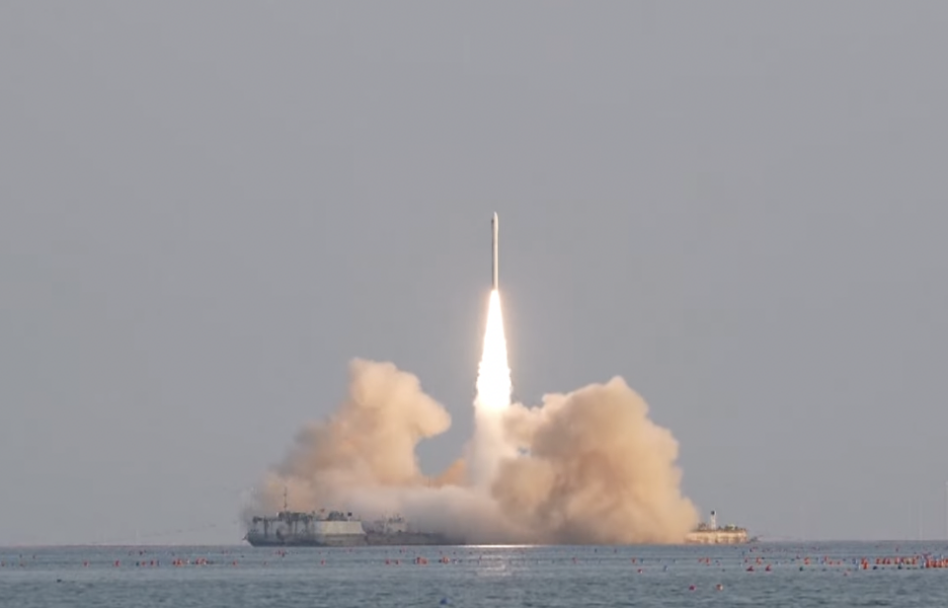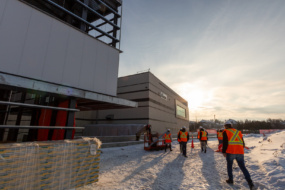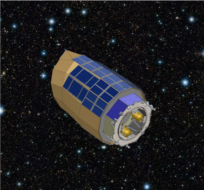First Rocket Lab, now Galactic Energy.
The Chinese rocket startup suffered a launch failure yesterday after its Ceres-1 vehicle lifted off from Jiuquan Satellite Launch Center. The midair failure destroyed a Chang Guang Jilin-1 Gaofen-04 B satellite.
The failure comes days after Rocket Lab’s Electron rocket met a similar fate after launching a comparable-sized vehicle out of New Zealand.
This is the first failed launch for the Ceres-1 vehicle. The company is gathering information to determine the cause of the accident.
Ceres-1 101: Ceres-1 first took flight in November 2020 and has successfully launched 10 times. Earlier this month, Galactic Energy nailed a launch from a mobile sea platform, becoming China’s first commercial rocket to achieve the feat.
- The four-stage rocket is 19-m tall and 1.4-m wide.
- The vehicle is designed to transport 400 kg to LEO, using solid propellant in its first three stages and liquid fuel in its fourth stage.
Its customer, Chang Guang, is building China’s largest remote sensing commercial satellite constellation, with 105+ out of a planned 300-bird constellation already deployed.
The upshot: The launch setback occured during a broader surge in successful commercial Chinese launches. Alongside Galactic Energy, the market features Landspace, i-Space, OneSpace, Space Pioneer, and LinkSpace. Even though there is still substantial oversight over these entities, Beijing’s encouragement of launch startups stands out in a nation that typically favors nationalizing its security-related industries.




